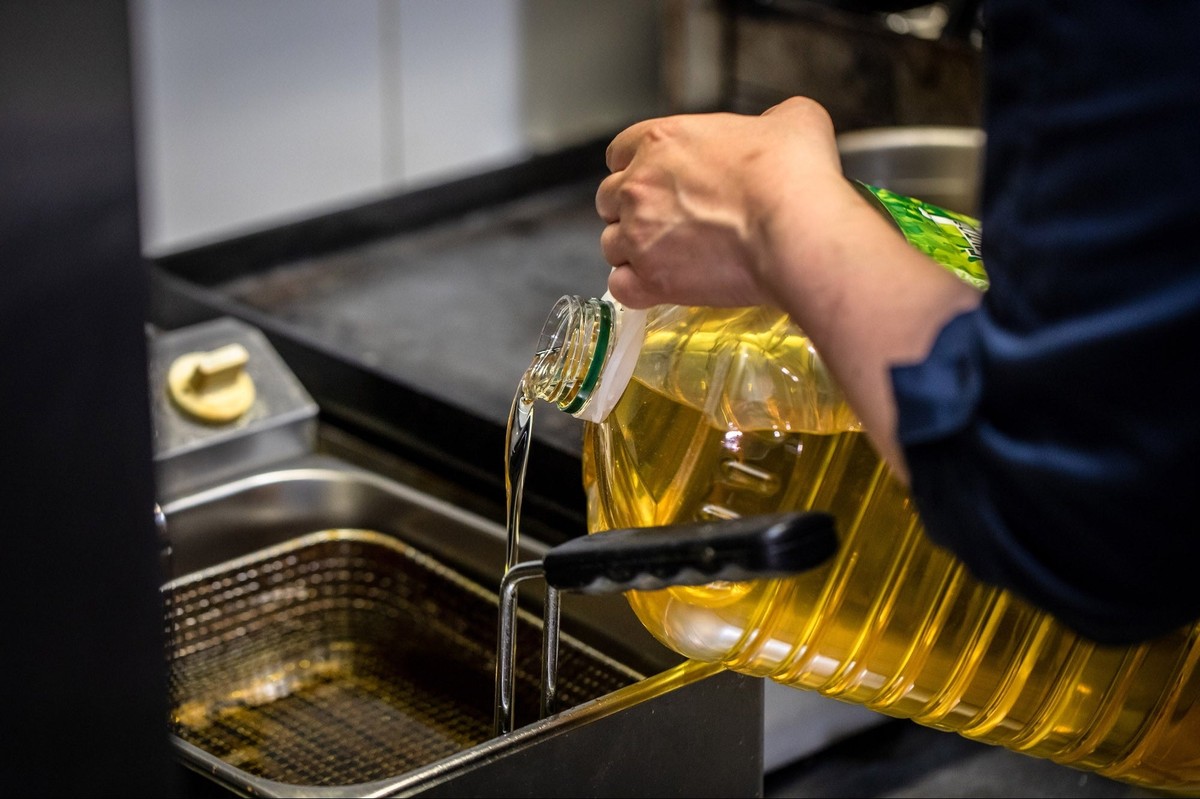20/10/2025
AEO Secretary-General Jamal Al-Loughani
20/10/2025

KUWAIT CITY, Oct 20: The Arab Energy Organization (AEO) on Monday presented a comprehensive study highlighting the economic and environmental benefits of converting used cooking oil into renewable biofuel, aiming to address current challenges and promote sustainable fuel production.
AEO Secretary-General Jamal Al-Loughani told KUNA that the study examines the entire process, from sources of used cooking oil and its collection and transportation to production centers, to refining and processing steps necessary to produce high-quality, impurity-free biofuel.

According to the study, approximately 14 billion liters of used cooking oil were collected worldwide in 2022, with expectations this volume could exceed 30 billion liters by 2030. Al-Loughani also noted that global trade in used cooking oil is projected to grow from 3.7 billion gallons in 2022 to between 5 and 10 billion gallons annually by 2030, depending on efforts to stimulate its conversion into sustainable fuels.
The report details recent global advancements in producing biodiesel and Sustainable Aviation Fuel (SAF) from used cooking oil. Al-Loughani highlighted projects underway in Arab countries such as the United Arab Emirates and Saudi Arabia, and pointed to growing regional interest in sustainable aviation fuels, driven by goals to reduce carbon emissions, diversify economies, and conserve natural resources.
He cited Qatar Airways’ 2023 test flight using sustainable jet fuel derived from used cooking oil imported from Finland as an example of regional momentum, with more initiatives expected as airlines pursue net-zero emission targets.
Al-Loughani emphasized that investing in converting used cooking oil into biofuel maximizes resource efficiency while serving as a strategic environmental solution to lower greenhouse gas emissions and enhance energy security. The process also supports national economies by creating new jobs.
The study underscores the critical role of government regulation in standardizing oil collection and setting quality benchmarks for biofuel production to ensure sustainability and safety.


